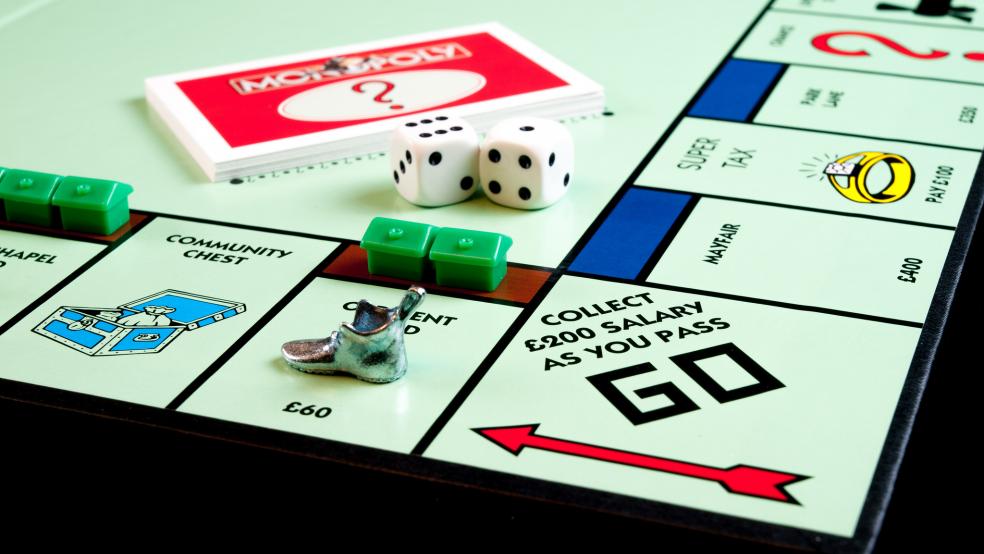Hey parents, does this sound familiar?
Parent: You can’t have this [very expensive] toy.
Child: Why not?
Parent: Because I don’t have enough money.
Child: Then use your credit card.
If so, maybe it’s time for a lesson on the value of money.
SLIDESHOW: 14 Toys and Games that Make Money-Smart Kids
An overwhelming majority of parents believe that financial education is important for their kids, but almost half don’t talk about money regularly with them, according to a 2013 survey from Citigroup and Parenting magazine. That comes as many adults are having trouble getting out of debt, saving for retirement or putting cash away for a rainy day.
“We find there are two things parents want to accomplish with talks about money. First and foremost is financial literacy,” says Mitchell Kraus, principal of Capital Intelligence Associates, a wealth management firm in Santa Monica, Calif. “But a second goal, and often bigger with wealthy families, is teaching values.”
For younger kids, Kraus recommends parents use the three-bucket approach to saving money. There’s one bucket for money to spend now, one for spending later on a bigger goal and one for spending on others. Older kids can use the same approach, but with bank accounts instead of buckets.
Terri Munro, a senior financial planner at BT Wealth Management in Atlanta, uses the classic board game “Monopoly” to teach younger children the basics of counting and making change, while older children grasp more complex concepts of going into debt and paying rent.
“All ages get exposure to negotiation, budgeting and investing and general togetherness of family that can't be beat,” she says.
Munro’s recommendation is among the 14 toys and games that foster a financially smart kid. Click here to find out the others.





